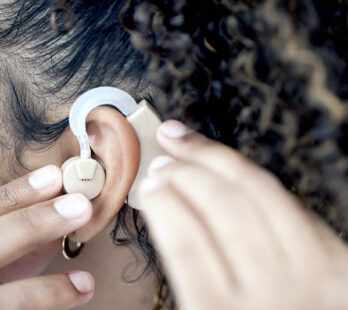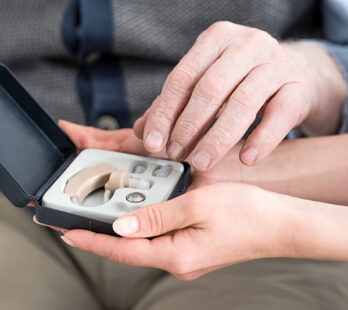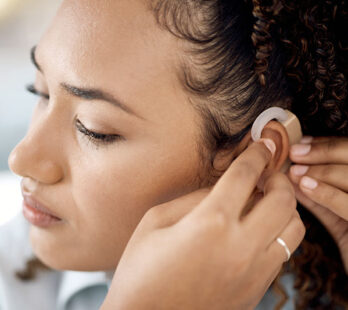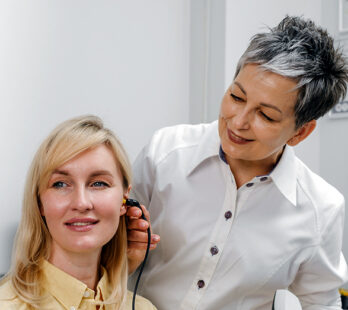Traveling Tips For Hearing Aid Users
When embarking on a vacation, your dependable hearing devices are sure to enhance the experience. Whether delving into new urban landscapes or seeking tranquility in natural surroundings, hearing aids facilitate an ongoing connection to the array of novel sounds in your environment. Envision a scenario comprising vibrant marketplaces, serene parks, and a mélange of languages –










